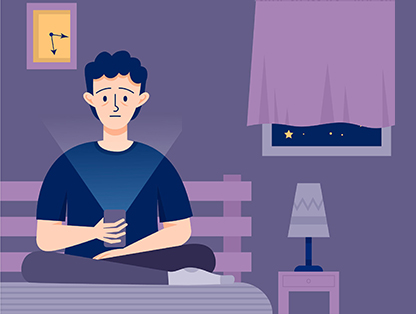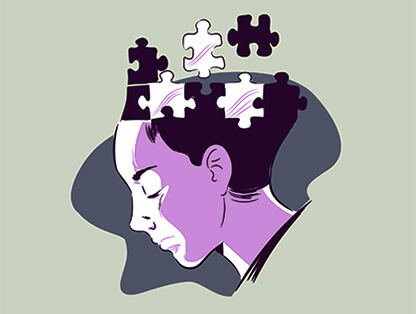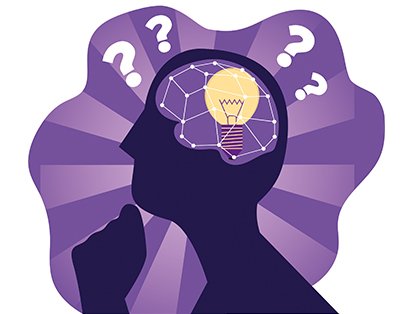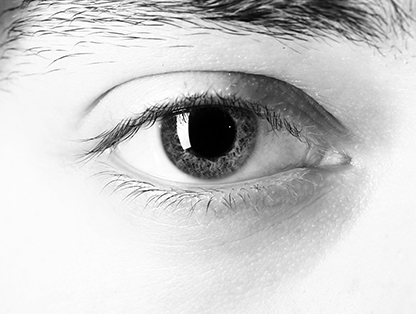1. I am terrified about being overweight.
2. I avoid eating when I am hungry.
3. I find myself preoccupied with food.
4. I have gone on eating binges where I feel that I may not be able to stop.
5. I cut my food into small pieces.
6. I aware of the calorie content of foods that I eat.
7. I particularly avoid food with a high carbohydrate content (i.e. bread, rice, potatoes, etc.)
8. I feel that others would prefer if I ate more.
9. I vomit after I have eaten.
10. I feel extremely guilty after eating.
Part C: Behavioral Questions:
In the past 6 months have you:
Gone on eating binges where you feel that you may not be able to stop?
Ever made yourself sick (vomited) to control your weight or shape?
Ever used laxatives, diet pills or diuretics (water pills) to control your weight or shape?
Exercised more than 60 minutes a day to lose or to control your weight?
Lost 20 pounds or more in the past 6 months
Have you ever been treated for an eating disorder?
| In the past 6 months have you: | Never | Once a month or less | 2-3 times a month | Once a week | 2-6 times a week | Once a day or more | |
| A | Gone on eating binges where you feel that you may not be able to stop? | ||||||
| B | Ever made yourself sick (vomited) to control your weight or shape? | ||||||
| C | Ever used laxatives, diet pills or diuretics (water pills) to control your weight or shape? | ||||||
| D | Exercised more than 60 minutes a day to lose or to control your weight? | ||||||
| E | Lost 20 pounds or more in the past 6 months? | YES | NO | ||||















